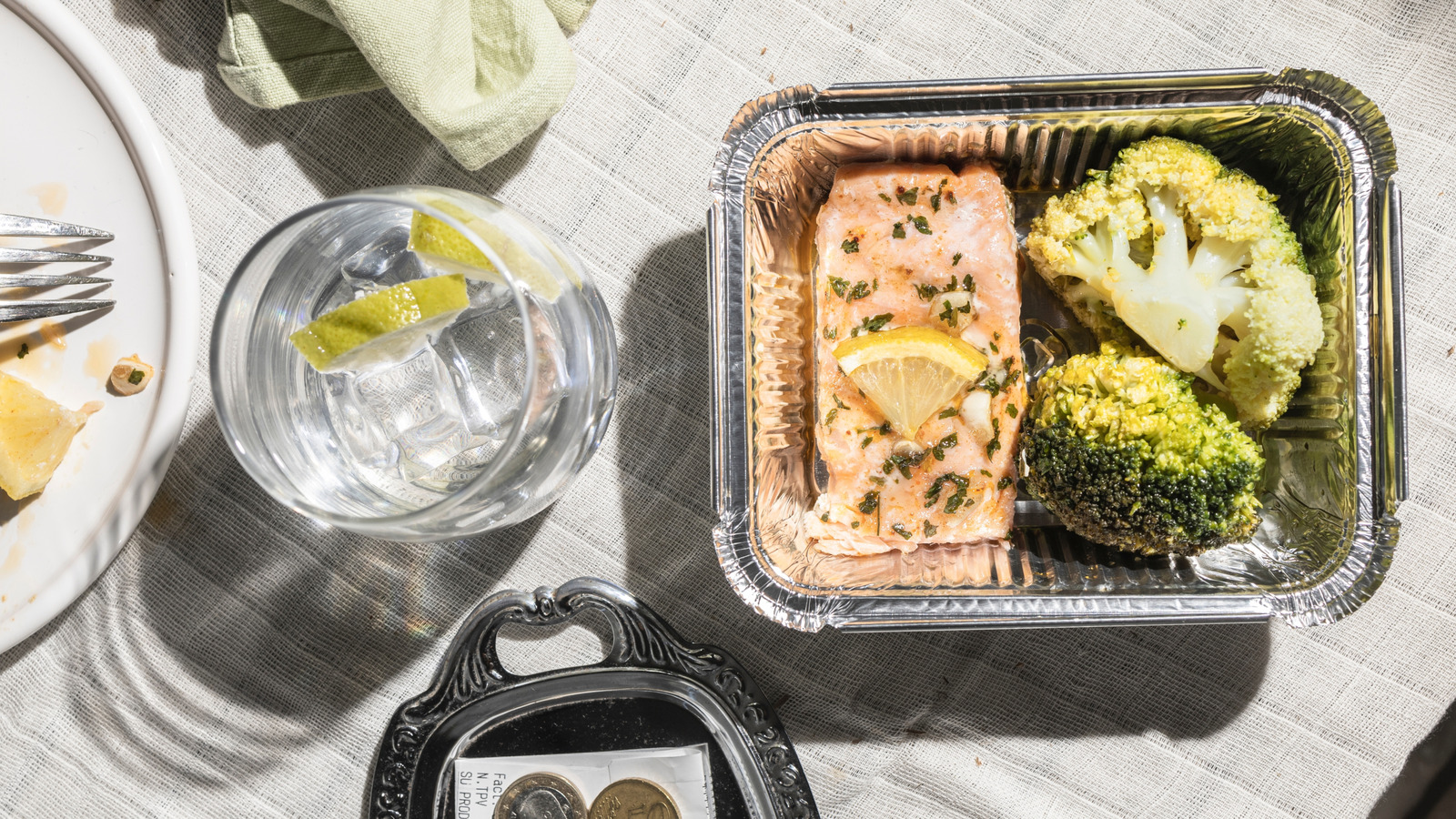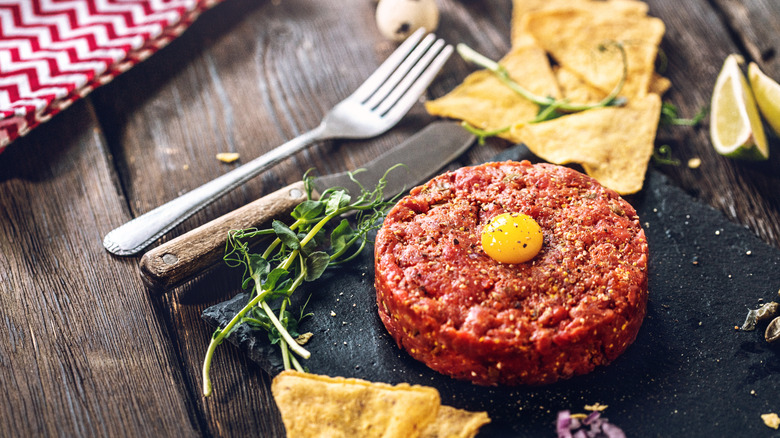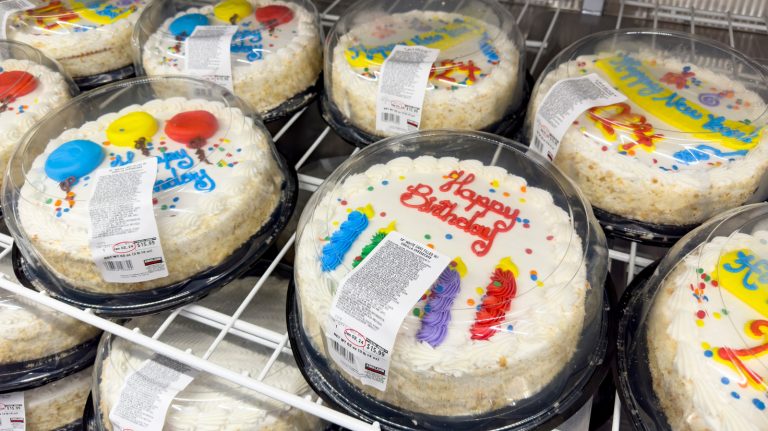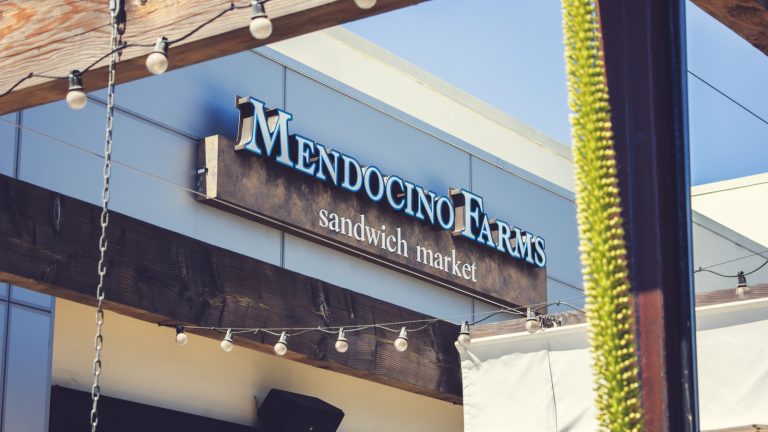If you’re visiting France and staying with a local, don’t expect to see much in the way of restaurant takeout containers filled with leftovers in their fridge. And if you head to a restaurant, you may also get some odd looks if you ask for a doggy bag for your beef bourguignon or coq au vin.
Traditionally speaking, French restaurants have been resistant to doggy bags and have even outright refused them. There’s not even really a French word for doggy bag without resorting to literal descriptions like “bag for restaurant leftovers.” Most of the reasons tie in with French culinary culture, which centers around savoring food in the present when it’s freshly cooked and plated. Taking it home and warming it up later might overcook the food, unless you reheat it correctly, making it less enjoyable than in the restaurant. Plus, French portions tend to be smaller than America’s comparatively enormous meals, meaning there’s less likelihood of people having leftovers. On top of that, some classic French dishes like duck confit or beef tartare don’t lend themselves well to being eaten two days later. While not specific to France, some chefs may worry about leftovers poisoning people, too.
It probably doesn’t help that the practice of eating leftovers was historically a trait of the lower classes, with workers snatching them from the houses of wealthy employers to eat themselves. Sometimes, they’d even sell them, with a whole industry of street vendors called “arlequins” who peddled leftovers.
Why this attitude to leftovers might be changing
However, the chance of getting a snarky side-eye from a French server is probably lower now than 10 years ago. The French have become more sensitized to issues of food waste, and laws have been put in place to counter it. These include a rule that restaurants must offer doggy bags to customers, although eateries that serve under 150 diners per day are exempt. Supermarkets must also donate food that might have previously been thrown away because it’s approaching its best-before or sell-by date. These laws are accompanied by campaigns to shift French attitudes. One restaurant industry group even tried to create a new term, “le gourmet bag,” to replace the decidedly un-French term “le doggy bag” that’s sometimes used in the country.
Does this mean the French are enthusiastically getting their summery ratatouille or hearty and rich onion soup boxed up to go? Not necessarily. Some surveys suggest that while the majority of French (anywhere from 75% to 95%) are theoretically willing to ask for a doggy bag, the majority have also never actually asked for one, as it might seem embarrassing or unclassy, particularly in high-end restaurants. Some chefs argue that restaurant waste isn’t the biggest problem. (It accounts for just 14% of food waste.) But at the end of the day, you’re now entitled to those leftovers, whether the chef likes it or not.






